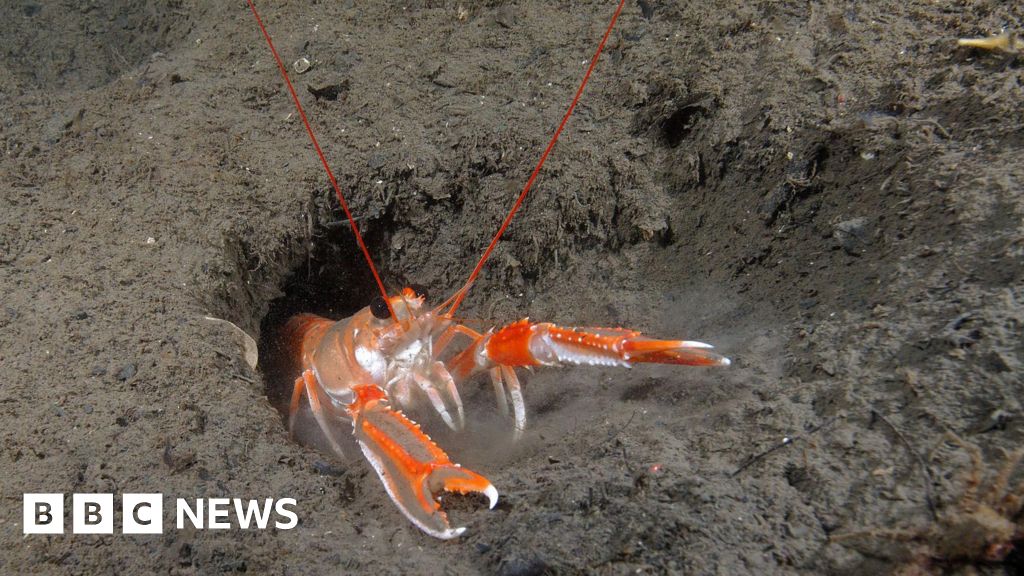Charities call for action on seabed trawling

A group of wildlife charities are calling for greater protection of the seabed around the South West.
The calls come after a series of reports estimate high levels of carbon being stored within the top 10cm of seabed sediments.
The storage of so-called ‘blue carbons’ can help reduce the amount of carbon dioxide released into the atmosphere.
WWF, The Wildlife Trusts, and the RSPB are calling on the UK government to “strengthen protections for valuable blue carbon stores by minimising the impacts of human activities on the seabed”.
The Blue Carbon Mapping Project, published on Thursday, give the first estimate of carbon stored in UK seabed habitats, including Marine Protected Areas (MPAs).
The reports found 36.4m tonnes of organic carbon are stored in just the top 10cm of seabed sediments in the English Channel and Western Approaches Region, which covers 111,469 sq km, plus coastal habitats including salt marshes and sea-grass beds.
The project highlights how physical disturbances to the seabed, such as bottom trawling, moorings and offshore developments, can release large amounts of carbon into the atmosphere, worsening climate change.
Peter Burgess, director of nature recovery at Devon Wildlife Trust, said: “The South West’s marine and coastal habitats support a stunning array of wildlife – from seahorses sheltering in sea grass beds through to whales, dolphins, and blue finned tuna off our shores.
“This pioneering research now reveals how crucial our marine seabed habitats are in locking up vast quantities of carbon.
“The larger the area of seabed which is left intact, the brighter the future will be for both us, our climate and wildlife.”
There is now call for better management of MPAs.
Tom Brook, blue carbon specialist at WWF-UK, said: “While salt marshes and kelp forests punch above their weight in terms of capturing carbon, the mud really is the star here – accumulating and storing vast amounts on the seabed.
“But we need to make sure it goes undisturbed for it to fulfil this critical function by preventing harmful activities such as bottom trawling, starting with our Marine Protected Areas.”
Related
Youth football teams hold minute’s silence for 10-year-old Poppy Atkinson
Youth football teams and grassroots clubs across the country have held a minute’s silence at the start of their games to commemorate a 10-year-old girl who di
Girl’s death sparks minute’s silence at football matches nationwide
10-year-old Poppy Atkinson was killed when she was struck by a car during a training session at Kendal Rugby Club in Cumbria. Clubs from Leeds to London
Liverpool fans’ Uefa claim can be heard in England, judge…
The high court, sitting in Liverpool, heard Uefa had relied upon the principle that English courts will not inquire into the legality of actions by foreign gove
Alan Shearer’s Premier League predictions including Manchester United vs Arsenal
Caption: Alan Shearer?s Premier League predictions credit: Getty / Metro After some impressive results for English sides in Europe the focus is












